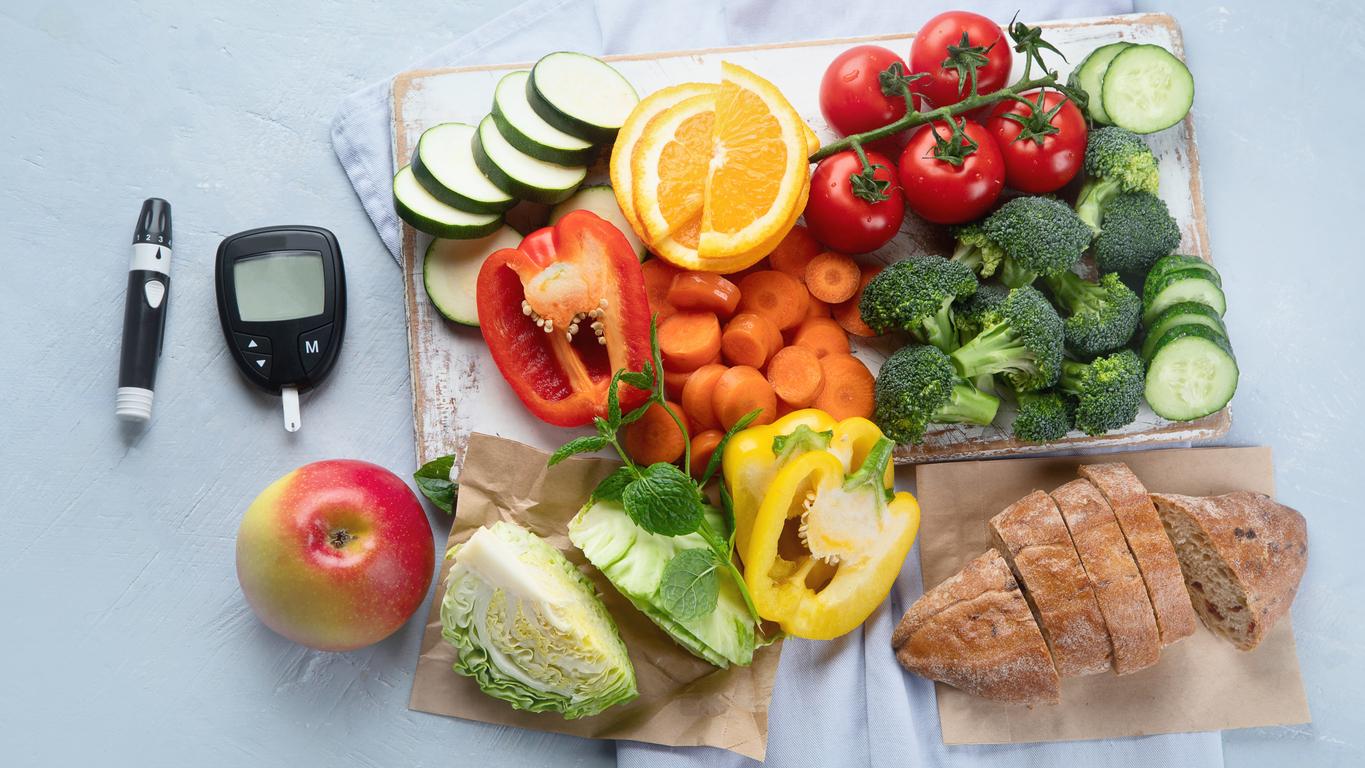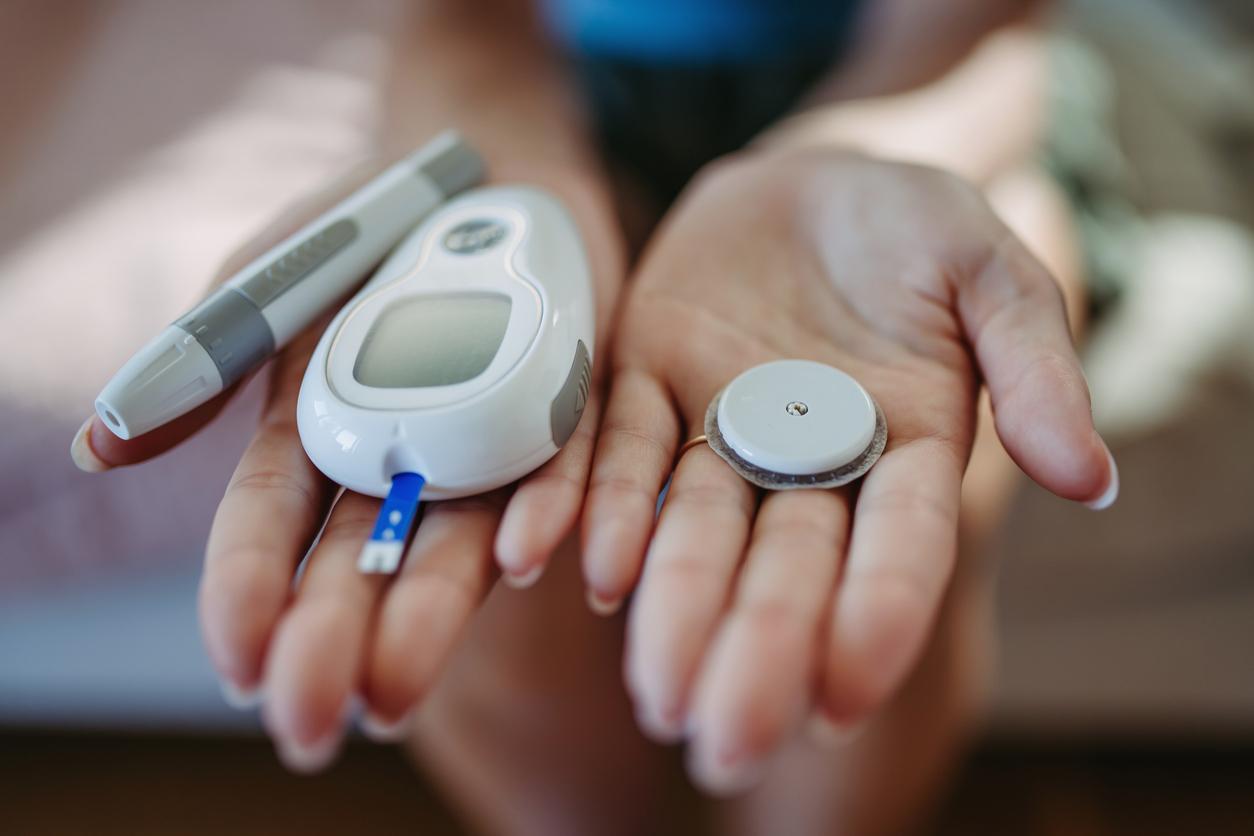In 2020, L’Assurance Maladie estimated that around 3.5 million people in France benefited from treatment for diabetes. With regard to type 2 diabetes (the most common since it represents nearly 90% of cases), the management is based first on the adoption of a healthy lifestyle – a healthy diet low in sugars, regular physical activity, weight loss if necessary…
In a second step, drugs can be prescribed: these are antidiabetics to be taken orally or by injection. Insulin injections (as in the case of type 1 diabetes) can thus be proposed.
A drug not yet marketed in France (but promising!)
A new international study (carried out in particular by American, Danish, Indian and French researchers) wanted to compare several injectable antidiabetic drugs. For this, the researchers recruited 588 volunteers in 11 countries (including the United States, China and Argentina); these were 58 years old on average, and all suffered from type 2 diabetes.
The volunteers were divided into 4 groups: group 1 received one dose per week of icodec (an insulin analogue, not yet marketed in France), group 2 received one dose per week of placebo, group 3 received one dose per day of degludec (Tresiba®, commonly prescribed in France) and group 4 received one dose per day of placebo.
At the end of the experiment (that is to say: 26 weeks later), the researchers measured the blood level of glycated hemoglobin (HBA1c) in the participants. They then found that this rate was lower in the volunteers of group 1 (going, on average, from 8.6% to 7%) compared to the volunteers of group 3 (from 8.5% to 7.2%). .
Conclusion ? Scientists believe that weekly insulin injections are more effective in controlling type 2 diabetes than daily insulin injections. For the researchers, it would be a question of compliance with treatment by patients.
Source :JAMA


















